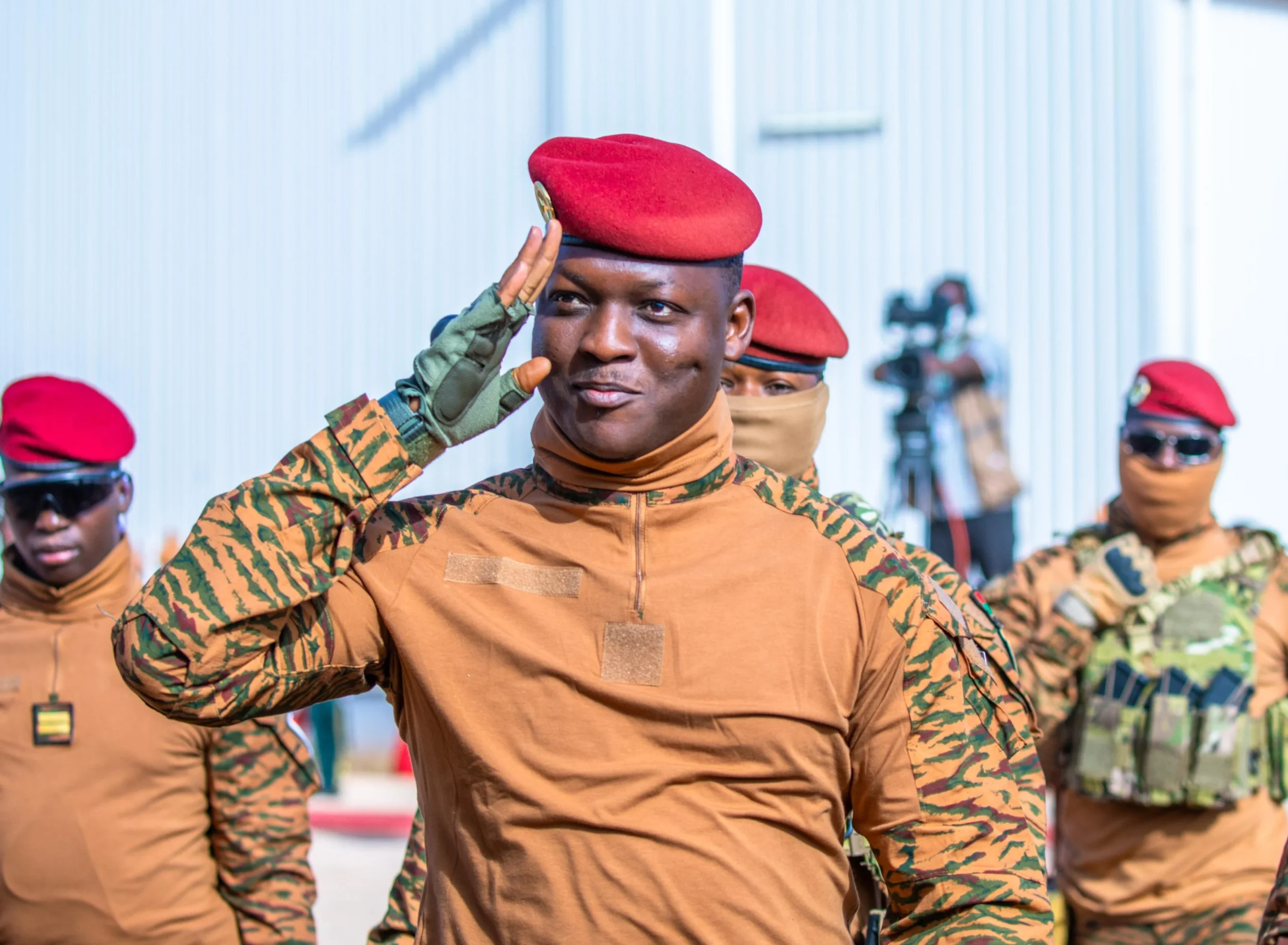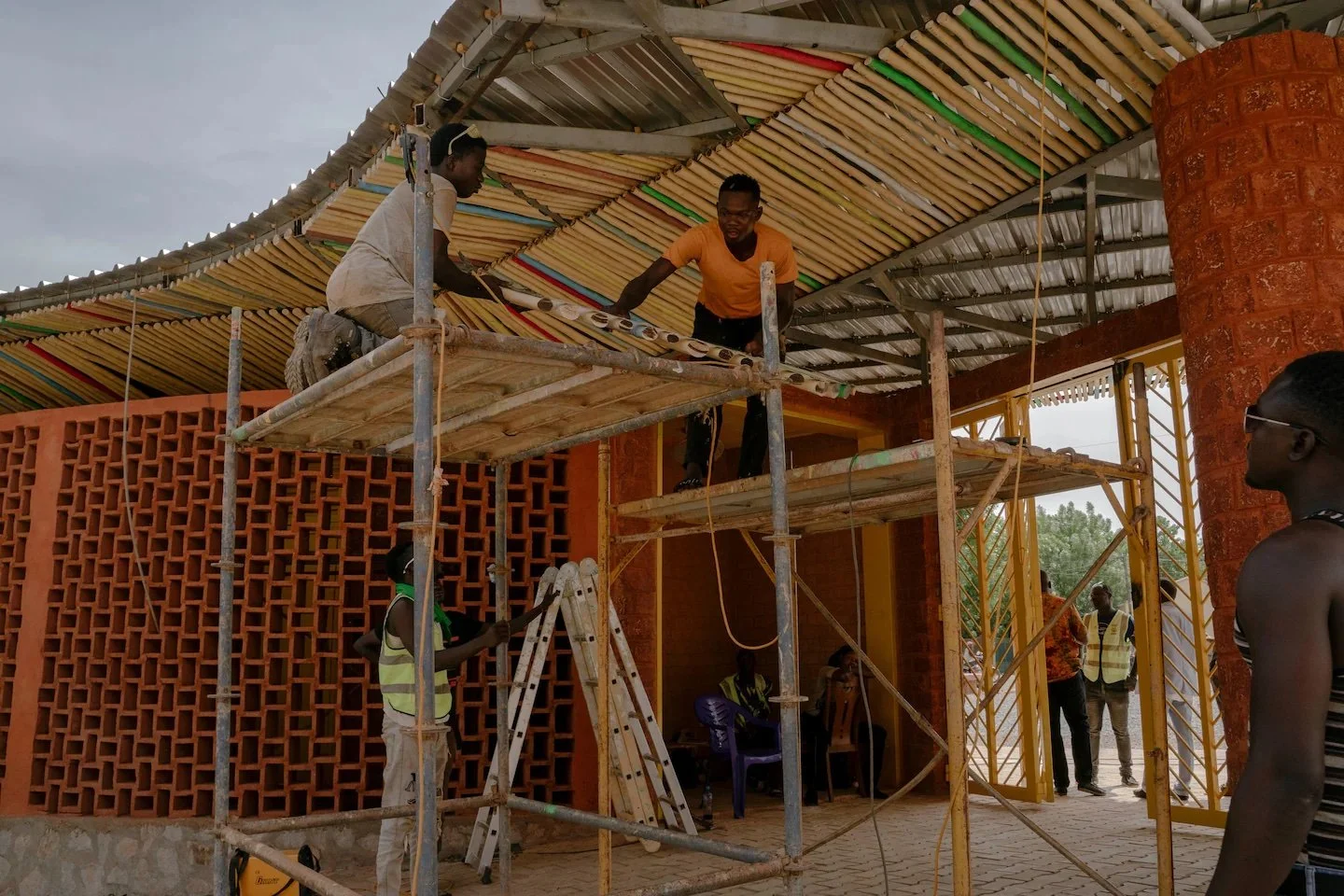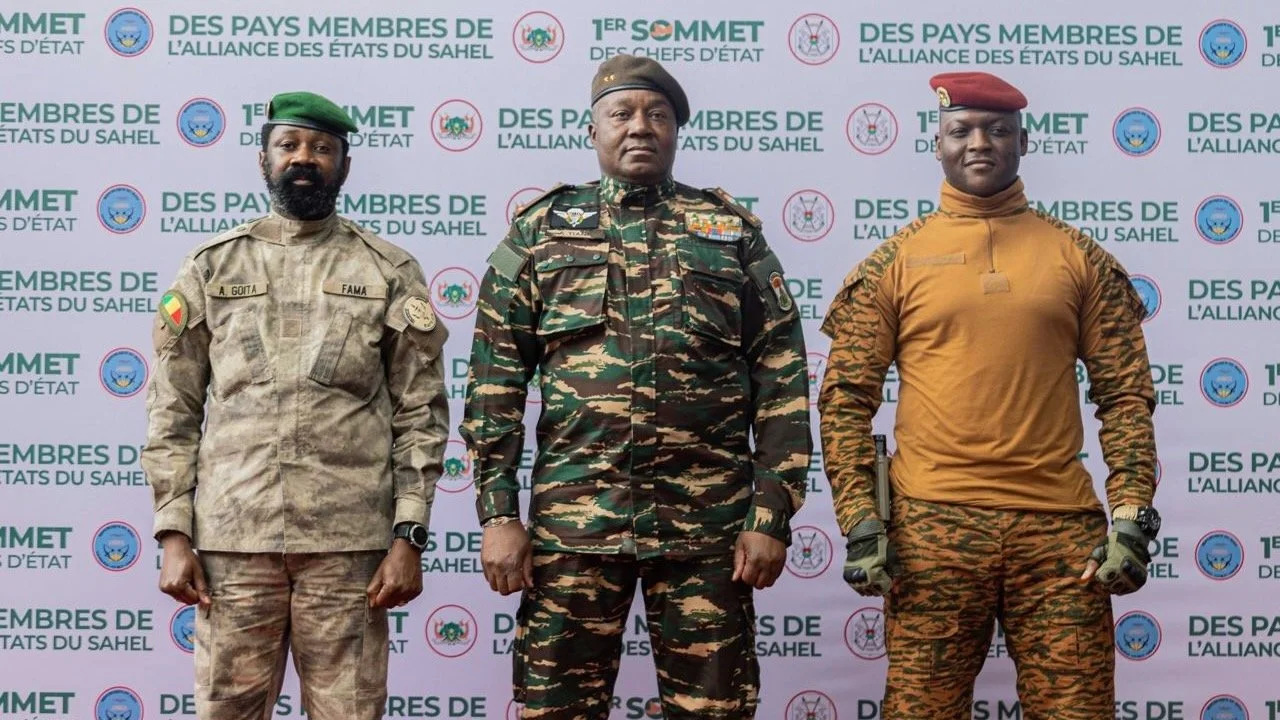Ibrahim Traoré and the Continuation of The Pan-African Revolution
In 2022, at just 34 years old, Captain Ibrahim Traoré rose from relative obscurity to become the youngest president in the world. Today, he is not just the leader of Burkina Faso — he has become a symbol of defiance, sovereignty, and renewal across the African continent.
But many Africans don’t see what Traoré is doing as the start of a revolution. Instead, they see it as the continuation of a long struggle, one carried by visionaries like Kwame Nkrumah, Patrice Lumumba, and Thomas Sankara. Leaders who dreamed of true independence, unity, and dignity for Africa, and whose torches have never gone out.
Reclaiming Resources
Traoré has made resource sovereignty the heart of his leadership. Burkina Faso now boasts its first gold refinery, with the capacity to process hundreds of kilograms daily. His government has nationalized key mines and tightened control over artisanal gold exports, a bold move in a country where foreign companies have historically taken the lion’s share of wealth.
This shift signals a larger vision: Africa’s resources should fuel African futures, not foreign profits.
Farming & Food Security
Beyond gold, Traoré has invested in the land. His administration launched an “agricultural offensive,” distributing tractors, seeds, and subsidies to farmers. The result? Rising yields in staple crops like rice, millet, and tomatoes.
Factories are reopening to process these foods locally, turning raw harvests into tomato paste, rice, and cotton textiles within Burkina Faso itself. This doesn’t just increase food security. It creates jobs, keeps wealth at home, and builds pride in producing for Burkinabè by Burkinabè.
Cultural & Symbolic Shifts
Some of the most striking changes have been symbolic. In 2024, Burkina Faso’s judges replaced their colonial-style black robes with faso dan fani, the traditional handwoven cloth of the Burkinabè people.
It wasn’t just a choice in fashion and style. It was a statement: justice and governance should reflect the culture of the people, not the remnants of colonial systems.
Such gestures matter deeply. They remind citizens that sovereignty is not just economic or political, it is also cultural and spiritual.
Reclaiming Language
Another striking decision under Traoré has been his push to reduce dependence on French — the language of the former colonizer — as the sole language of state. While French remains widely used, Traoré has signaled that Burkina Faso must elevate its own national languages such as Mooré, Dioula, and Fulfulde in schools and administration.
This move is more than symbolic. Language is power. By prioritizing local languages, Traoré is challenging the deep cultural legacy of colonialism and affirming that African identity should not be tethered to European tongues.
Saying No to Bill Gates’ Mosquito Plan
In 2025, Traoré’s government made global headlines by halting the Gates Foundation–backed “Target Malaria” project, which involved releasing genetically modified mosquitoes to fight malaria. Authorities sealed research sites, ordered samples destroyed, and declared the program suspended.
Critics of the initiative had long argued that such experiments risked turning Africa into a testing ground for unproven technologies. Traoré’s suspension was framed as an act of sovereignty and precaution, protecting both the environment and the principle that Burkina Faso should not be a laboratory for foreign-funded projects.
This decision resonated widely with Pan-African audiences, who saw it as part of a larger pattern: resisting not only political and economic imperialism, but also scientific neo-colonialism.
Words That Resonate
Traoré’s speeches have amplified this vision. At the Russia–Africa Summit, he declared:
“A slave who cannot assume his own revolt does not deserve to be pitied. We do not feel sorry for ourselves, we do not ask anyone to feel sorry for us.”
And in another address, he reminded the world:
“Leading a country is a privilege, not a business opportunity.”
These words echo far beyond Burkina Faso. For many Africans, they are reminders of unfinished dreams and the courage to claim a future on Africa’s own terms.
A New Alliance in the Sahel
The Pan-African vision Traoré speaks of is no longer confined to Burkina Faso’s borders. In 2024, he joined forces with Mali’s Assimi Goïta and Niger’s Abdourahmane Tchiani to create the Confederation of the Alliance of Sahel States (AES) a regional bloc that formally withdrew from ECOWAS and declared a new path of unity and independence.
This confederation marks a turning point. The three leaders pledged to build shared defense systems, coordinated economic policies, and integrated infrastructure projects, including a proposed railway connecting their nations. They’ve also announced plans for a common currency and more direct trade of gold, uranium, and other resources, free from Western intermediaries.
Traoré described it as “a new era of African self-determination,” emphasizing that the Sahel alliance is “a united front of free nations standing against neocolonial control.”
For many across the continent, the AES represents Pan-Africanism in motion, not just as an idea or memory, but as a living political experiment.
Shifting Power in West Africa
This alliance has also changed the regional balance. The AES countries’ cooperation has weakened ECOWAS’s influence, as sanctions imposed after the coups have gradually been lifted. Together, the Sahel leaders have turned isolation into solidarity, showing that collective strength may be the continent’s most powerful form of resistance. In this new reality, Traoré has emerged not just as a national leader, but as one of the voices of a continental awakening, echoing Sankara’s vision of an Africa united by dignity, cooperation, and self-reliance.
The Continuation of a Long Struggle
Traoré stands in a lineage. His calls for sovereignty, his push to reclaim resources, and his grassroots initiatives like the Faso Mêbo project, which mobilizes citizens to build roads and infrastructure together, all echo Thomas Sankara’s belief that Africa’s liberation must be rooted in its own people. For many, Traoré represents the torch carried forward: from Nkrumah to Lumumba, from Sankara to today. A reminder that Africa’s revolution is ongoing, unfinished, and alive in the hearts of its people.




